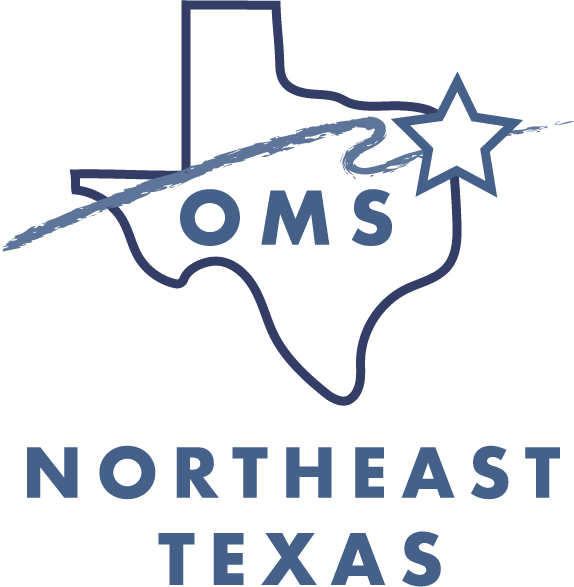Facial trauma can vary widely in its presentation and complexity, and the treatment approach depends on the specific injuries involved. Oral and maxillofacial surgeons are uniquely trained to manage the full spectrum of facial injuries, providing both functional and aesthetic restoration for patients who have suffered trauma to the face and jaws.
Types of Facial Trauma Surgery
-
Fracture Reduction: Oral surgeons are experienced in reducing facial fractures, which involves repositioning and stabilizing broken bones to promote proper healing. This may include the use of wires, plates, screws, or other fixation devices to secure the fractured bones.
-
Soft Tissue Repair: In cases of lacerations, cuts, or soft tissue injuries to the face, oral surgeons perform meticulous repairs to restore both form and function. This may involve suturing and reconstructive techniques to minimize scarring and optimize aesthetic outcomes.
-
Dental Injuries: Oral surgeons are trained to address dental trauma resulting from facial injuries. They can perform procedures such as tooth reimplantation, and dental splinting to save and restore damaged teeth.
-
TMJ (Temporomandibular Joint) Injuries: TMJ injuries are common in facial trauma cases. Oral surgeons can diagnose and treat TMJ injuries, including fractures or dislocations, to restore normal jaw function.
-
Soft Tissue Examination: In addition to addressing injuries, oral surgeons also assess for damage to facial nerves, salivary glands, and other soft tissues that may be affected by trauma. They may perform nerve repair or reconstruction if necessary.
-
Reconstruction: In cases of severe facial trauma that results in significant tissue loss or deformity, oral surgeons can perform complex reconstructive procedures. These may involve bone grafting, soft tissue grafting, local/regional flaps and other techniques to restore facial aesthetics and function.
Initial Consultation and Evaluation

Comprehensive Assessment
Treatment begins with an initial evaluation and consultation at our clinic. Our experienced oral surgeons will conduct a thorough assessment, including:
Detailed medical history review
Physical examination of the facial trauma
Diagnostic imaging such as X-rays, CT scans, or MRIs to assess the extent of the injury
This assessment is crucial in developing a personalized treatment plan tailored to your specific needs.
Discussion and Planning
After the evaluation, we will sit down with you to discuss the findings and the recommended surgical plan. We believe in informed decision-making, so we will explain the surgical procedure, expected outcomes, potential risks, and alternatives if applicable. You’ll have the opportunity to ask questions and address any concerns you may have.
The Surgical Procedure
Anesthesia and Comfort
On the day of your facial trauma surgery, our team will ensure your comfort and safety throughout the procedure. You will be placed under anesthesia, either general or local, depending on the extent and complexity of the surgery. Our skilled anesthesiologists will monitor you closely to ensure a pain-free experience.
Surgical Intervention
Facial trauma surgery involves precise techniques to repair and reconstruct the affected areas of your face. This may include:
- Repositioning and stabilization of fractured facial bones
- Repair of soft tissue injuries
- Microsurgery for nerve repair
- Realignment of facial structures for optimal function and aesthetics
Our surgeons use advanced equipment and the latest surgical methods to achieve the best possible results.
Post-Surgery Care and Recovery

Immediate Recovery
After the surgery, you will be taken to a recovery area where our team will monitor your vital signs and ensure your comfort. You may experience some swelling, bruising, and discomfort, which are normal after facial trauma surgery.
Follow-Up Appointments
Your treatment doesn’t end with the surgery. We’ll schedule follow-up appointments to monitor your progress, remove sutures if necessary, and make any adjustments to your treatment plan. We are committed to ensuring your optimal recovery.
Facial Trauma Videos
Playlist
We invite you to schedule a consultation to discuss Facial Repair Surgery further.
We encourage you to schedule a consultation to discuss your specific condition and explore the surgical options available to you. Our skilled oral and maxillofacial surgeon will explain the procedure in detail, address any concerns, and develop a tailored treatment plan.
Oral & Maxillofacial Surgery of Northeast Texas Patient Review for Jaw Surgery
Dr. Bunel is a great surgeon. He takes his time and is a perfectionist. I had a very traumatic injury and Dr. Bunel and his staff made it a lot easier to deal with. Has answered every question and concern. A big thank you to him and his staff.
Timothy W on 03/31/2017



